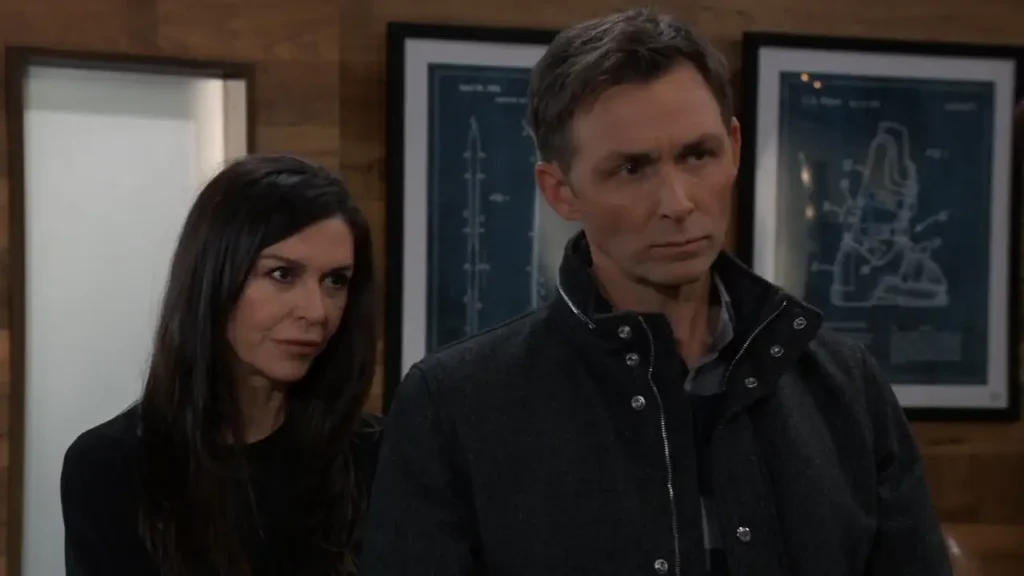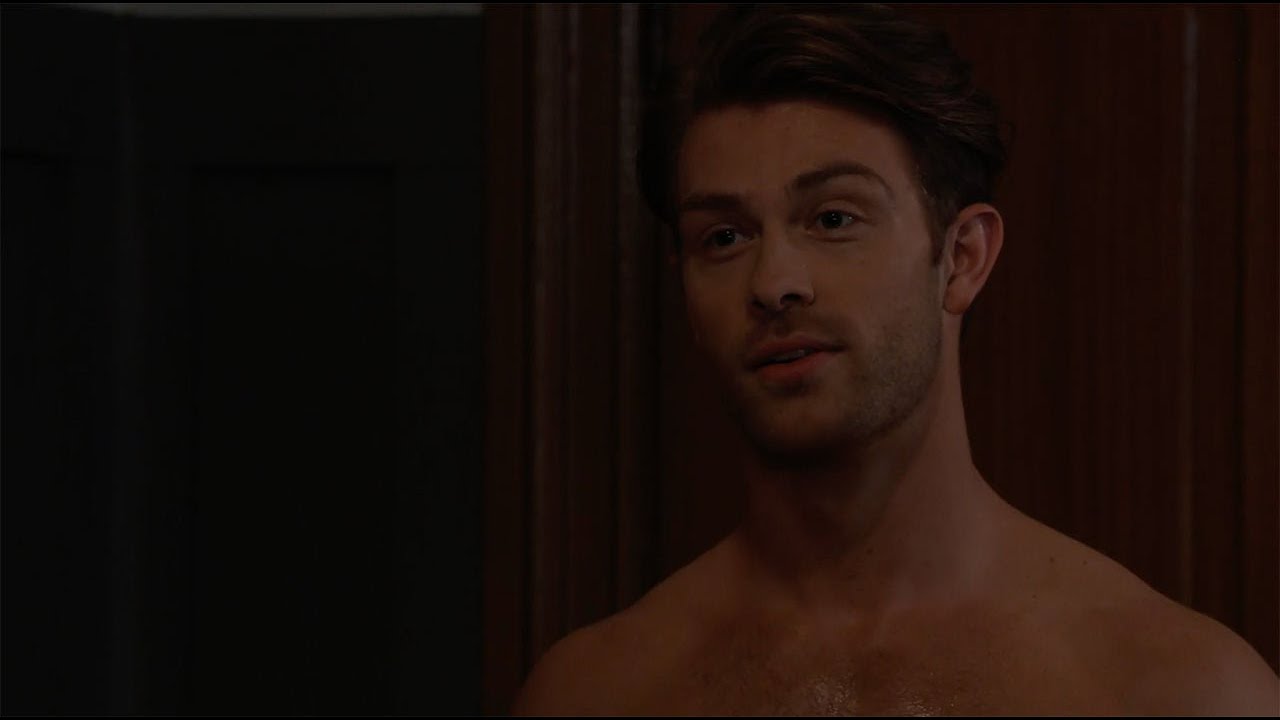As the WGA strike continues, more shows, especially soap operas, are hiring temporary writers, thus metaphorically crossing the picket line. General Hospital is the latest as ABC has hired scab writers to fill the writers’ room while its previous team hit the streets to strike against unfair pay and other problems in the TV and film industry. This is quite a major blow to the writers working on the show as it is America’s longest-running soap, airing since 1963 with nearly 10,000 episodes.
ABC Uses Scab Writers for General Hospital
One of the writers for General Hospital called out the use of scab writers on Instagram. Shannon Peace came out to state that starting this past Tuesday (July 25), the writers have moved away from the show. She hopes that “the show is in capable hands” as she watches new episodes “alongside fans.” Still, having this move from the studio has made it difficult. The writer said she feels “pain” as “characters we’ve developed, relationships we built, and stories we planned are being handled by others.”
The situation for General Hospital with its scab writers is different from other TV productions. Soap operas, as Peace pointed out, may face significant issues if production were to stop. It is why she is supporting this effort while still pointing out the problems with using temporary writers.
To further complicate things, actors in soap operas operate differently than actors in other types of shows. While signed under SAG-AFTRA, working on a soap opera is not technically crossing the picket line due to their contract called the National Code of Fair Practice for Network Television Broadcasting. Also known as Netcode, the contract covers soap operas, unscripted reality TV, game shows, and news shows. Actors in a production like a soap opera are not up for negotiations for a new contract until July 2024.
WGA and SAG-AFTRA workers will continue to strike for the foreseeable future. On top of scab writers causing issues for some shows, like General Hospital, workers are fighting for better pay, more writers to complete a season’s worth of episodes, improved residuals from streaming services, and prevention of the use of AI to replace actors and writers.








